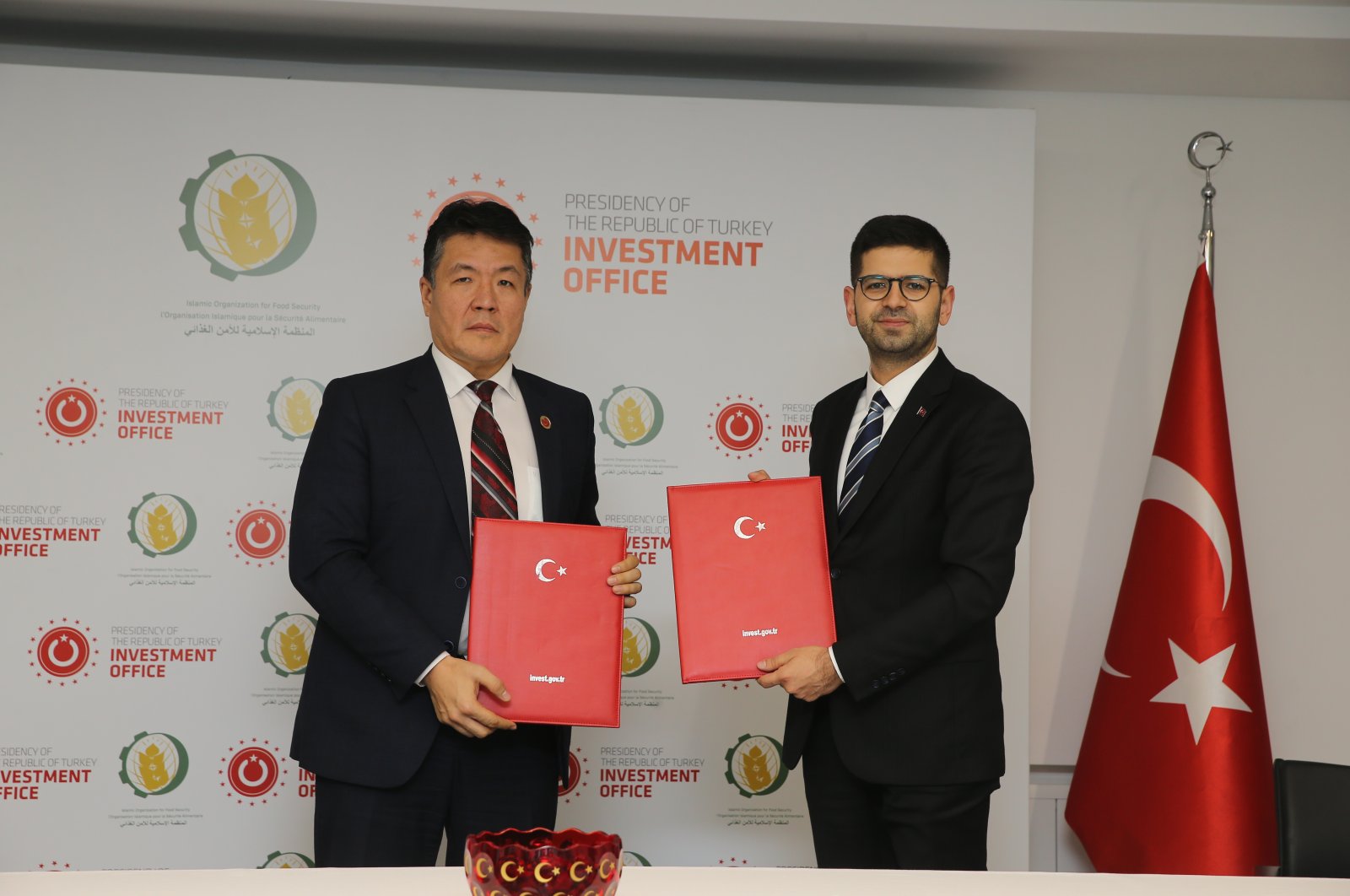|
PHILRICE,
Nueva Ecija—A bilateral agreement between the Philippines and Brunei
under the Brunei Darussalam-Philippines Agricultural Cooperation
Project (Brunei-RP ACP) is expected to increase the exchange of
technological expertise and trade of agricultural products between the
two countries, among other mutual benefits.
At
a recent bilateral meeting, the status of a rice planting project in
Wasan was assessed, possible agribusiness ventures in Mindanao
assessed, and the possibility of using Brunei’s halal brand on
Philippine products explored.
The
Brunei-RP ACP is an initiative between Brunei’s Ministry of Industry
and Primary Resources (MIPR) and its Department of Agriculture (DA),
and the Philippines’ own DA through the DA-Philippine Rice Research
Institute (PhilRice).
It aims to increase Brunei’s 3.15 percent rice self-sufficiency level to 20 percent by 2010.
His
Majesty Sultan Haji Hassanal Bolkiah and Yang Di-Pertuan of Brunei
inaugurated the first harvest of Brunei’s “Laila padi” at Wasan on
August 3.
“We
have seen a 2-percent- to 3-percent increase in productivity and we’re
planning to push more production,” MIPR Secretary Dato Paduka Hj Mohd
Hamid Hj Mohd Jaafar said.
Brunei’s
agriculture acting director Hjh Normah Suria Hayati PJDSM DSU (Dr.) Hj
Mohd Jamil Al-Sufri said harvesting “Laila” shows that the variety can
be planted in Brunei, and noted it may be the key to Brunei’s quest for increased production.
Hilario
de la Cruz, team leader of the BD-RP rice technical cooperation
project, said, “Brunei rice-farm soils are mostly acid sulfate, which
causes yellowing of leaves, stunted growth and lower photosynthetic
activity.” He added that the Laila variety survived despite Brunei’s poor soil type. Because of this, the rice self-sufficiency efforts will now be brought to the district level, he said.
Hanah
Hazel Mavi Biag, science research specialist 1 of PhilRice, said a
four-pronged two-year capacity-building program on rice production was
likewise proposed for Brunei’s extension workers (EWs) and farmers.
Brunei
EWs will be sent to the Philippines for a four-month
capacity-enhancement training course and will be tasked to facilitate
conduct of farmers’ field schools (FFS) upon their return to Brunei,
Biag added.
Biag
explained the DA-PhilRice experts will assist trained EWs in
establishing FFS, where potential participants will be graduates from
Wasan Vocational School. She added that trainings would include actual
field demonstrations, focused group discussions and lectures.
Likewise,
Filipino rice technical experts will be dispatched to Brunei on
technology promotion, varietal development, nutrient management, farm
machinery and seed production, among others. Biag noted that the two
countries will enter into a standard material-transfer agreement for
the exchange of seeds and other rice genetic materials for breeding,
varietal testing, adaptation trials and commercial release in Brunei.
Brunei-Philippines
agricultural cooperation covers the proposal for investments in
agribusiness estates in Mindanao and will explore producing commercial
rice and high-value crops in the region.
Brunei’s
halal brand was proposed to be used on Philippine products that
guarantee products meet quality, safety and sustainability standards
for Muslim consumers.
Ghanim
International Food Corp., a company run by Ireland-based Kerry group,
and the Brunei government will market Brunei halal-branded products,
Biag said.
|



